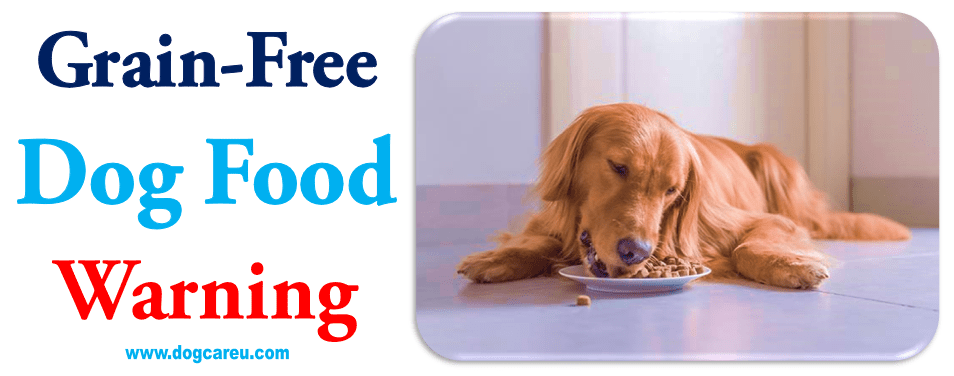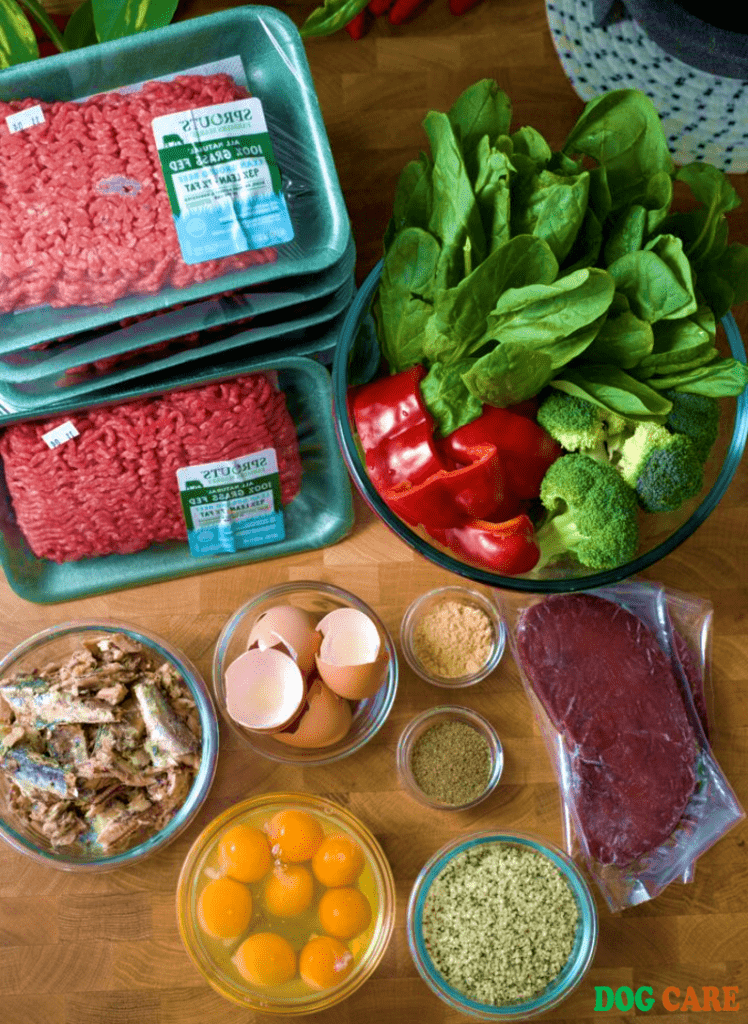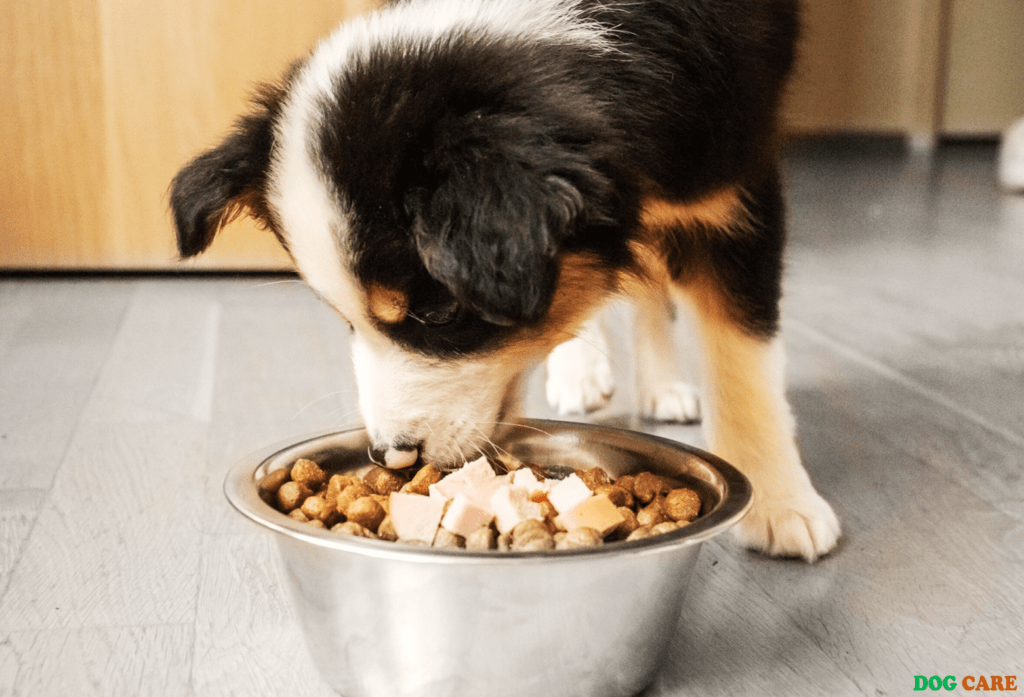Grain-Free Dog Food Warning may pose health risks to dogs, according to recent warnings. This article explores the potential dangers of grain-free diets and highlights the importance of consulting with a veterinarian before making dietary changes for your pet.
The popularity of grain-free dog food has increased in recent years, with many pet owners opting for these diets due to perceived health benefits. However, the U. S. Food and Drug Administration (FDA) has issued warnings about a potential link between grain-free dog food and a heart condition called dilated cardiomyopathy (DCM).
DCM can lead to serious health issues and even death in dogs. Although the exact cause of the potential association between grain-free diets and DCM is not yet fully understood, many experts believe that a lack of certain nutrients found in grains may be a contributing factor.
In particular, the inclusion of legumes like peas and lentils as primary ingredients in grain-free formulas may be problematic. Pet owners must be aware of these warnings and consult with their veterinarian before making any dietary changes for their dogs. Veterinarians can guide the best diet options for individual dogs based on their specific needs and health conditions. By working closely with a professional, pet owners can ensure their furry friends are receiving a balanced and nutritious diet to support their overall well-being.

Health Risks Associated With Grain-free Dog Food
Grain-free dog food has gained popularity among pet owners in recent years. However, there are some concerning health risks associated with this type of diet. It is important for dog owners to be aware of these risks to make an informed decision about their furry friend’s nutrition.
Potential Link To Canine Dilated Cardiomyopathy (dcm)
Recent studies have suggested a potential link between grain-free dog food and an increased risk of Canine Dilated Cardiomyopathy (DCM). DCM is a serious condition that affects the heart muscle, making it difficult for the heart to pump blood effectively throughout the body. Grain-free diets often contain high levels of legumes and exotic protein sources, which may be contributing to the development of DCM in some cases.
In fact, the United States Food and Drug Administration (FDA) has issued a warning about this potential link and is currently investigating the matter further. While the exact cause and relationship between grain-free diets and DCM are not yet fully understood, it is essential for dog owners to be vigilant and monitor their pet’s health if they are feeding them a grain-free diet.
Lack Of Essential Nutrients
A common concern with grain-free dog food is the lack of essential nutrients that grains provide. Grains, such as wheat and corn, are not inherently bad for dogs. They can be a valuable source of energy, fiber, and other important nutrients. By removing grains from a dog’s diet, there is a risk of deficiencies in these essential nutrients.
While some grain-free dog foods may contain alternative sources of carbohydrates, such as peas or potatoes, they may not provide the same nutritional benefits as grains. This can lead to imbalances in a dog’s diet and create long-term health issues.
Digestive Issues
Another potential health risk associated with grain-free dog food is digestive issues. Dogs may experience difficulties in digesting certain ingredients commonly found in grain-free diets, such as legumes and alternative carbohydrate sources.
This can result in symptoms like diarrhea, gas, and bloating, causing discomfort and distress for our furry companions. Furthermore, the lack of dietary fiber from grains may further contribute to digestive problems, as fiber is essential for maintaining a healthy digestive system.
It is crucial to monitor your dog’s digestion when switching to a grain-free diet and consult with a veterinarian if any concerning symptoms arise. They can help address any potential issues and provide guidance on the appropriate diet for your pet’s specific needs.
Frequently Asked Questions On Grain-free Dog Food Warning
What Is The Concern With Grain Free Dog Food?
Concerns with grain-free dog food include the potential for nutritional imbalances, such as inadequate fiber and essential nutrients. This can lead to health issues like heart disease. It is important to consult with a veterinarian before switching to grain-free food.
What Is The Number One Healthiest Dog Food?
The number one healthiest dog food is a matter of personal choice and may vary based on your dog’s specific needs and preferences. It’s important to consult with your vet to find the best option for your furry friend.
Should You Feed Grain Free Food To Dogs?
Feeding grain-free food to dogs is a personal choice. Some dog owners believe it has health benefits, but there is no conclusive scientific evidence. It may be suitable for dogs with specific dietary needs or allergies, but consult your vet before making any diet changes.
What Is The Grain Free Dog Food Lawsuit?
The grain-free dog food lawsuit refers to legal action against dog food manufacturers for alleged health issues caused by their grain-free products. This lawsuit claims that the absence of grains and the use of alternative ingredients may lead to heart disease in dogs.
Conclusion
To ensure your dog’s health and well-being, it is important to be aware of the potential risks associated with grain-free dog food. The health concerns, such as dilated cardiomyopathy (DCM) and nutrient deficiencies, cannot be ignored. While grain-free diets may cater to our preferences, it is crucial to consult with a veterinarian and consider a balanced approach to meet your dog’s unique nutritional needs.
In doing so, you prioritize your furry friend’s health and happiness, ensuring their best possible quality of life.


